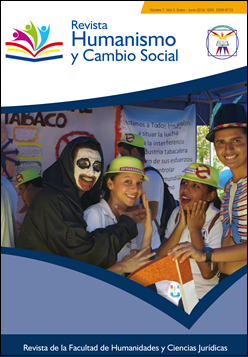Gender, family economy and food security in Nicaragua: empowerment of rural women, case study in Muy Muy
DOI:
https://doi.org/10.5377/hcs.v0i7.3512Keywords:
Empowerment, food production program, Muy Muy, Women, Family economy.Abstract
Since 2007, Nicaragua started a new period of government that brought new social policies with itself. The aim of the new social policies is to optimize life’s quality Nicaraguans, and central axis is the development and social welfare of Nicaraguan citizens. Within these new policies there is a policy of food security and sovereignty that has as main instrument of action the Food Production Program, also known as “Hambre Cero”.
A particular characteristic of this program is that women are direct beneficiaries, mainly people from rural areas of our country. Muy Muy has been one of the municipalities benefited with this program. Muy Muy is located in the department of Matagalpa and is a purely agricultural village. On this city, this policy has taken place since 2008 and since it started has allowed the population to begin an empowerment processes that permits them to be recognized as subjects of power.
Empowerment, circumscribes the treatment of social elements, cultural, cognitive and psychological. That is why the degree of empowerment that every woman of this community reaches, depends on the desire to excel, will and personal determination.
Revista Humanismo y Cambio Social. Número 7. Año 3. Enero - Junio 2016: 88-100
Downloads
1291




